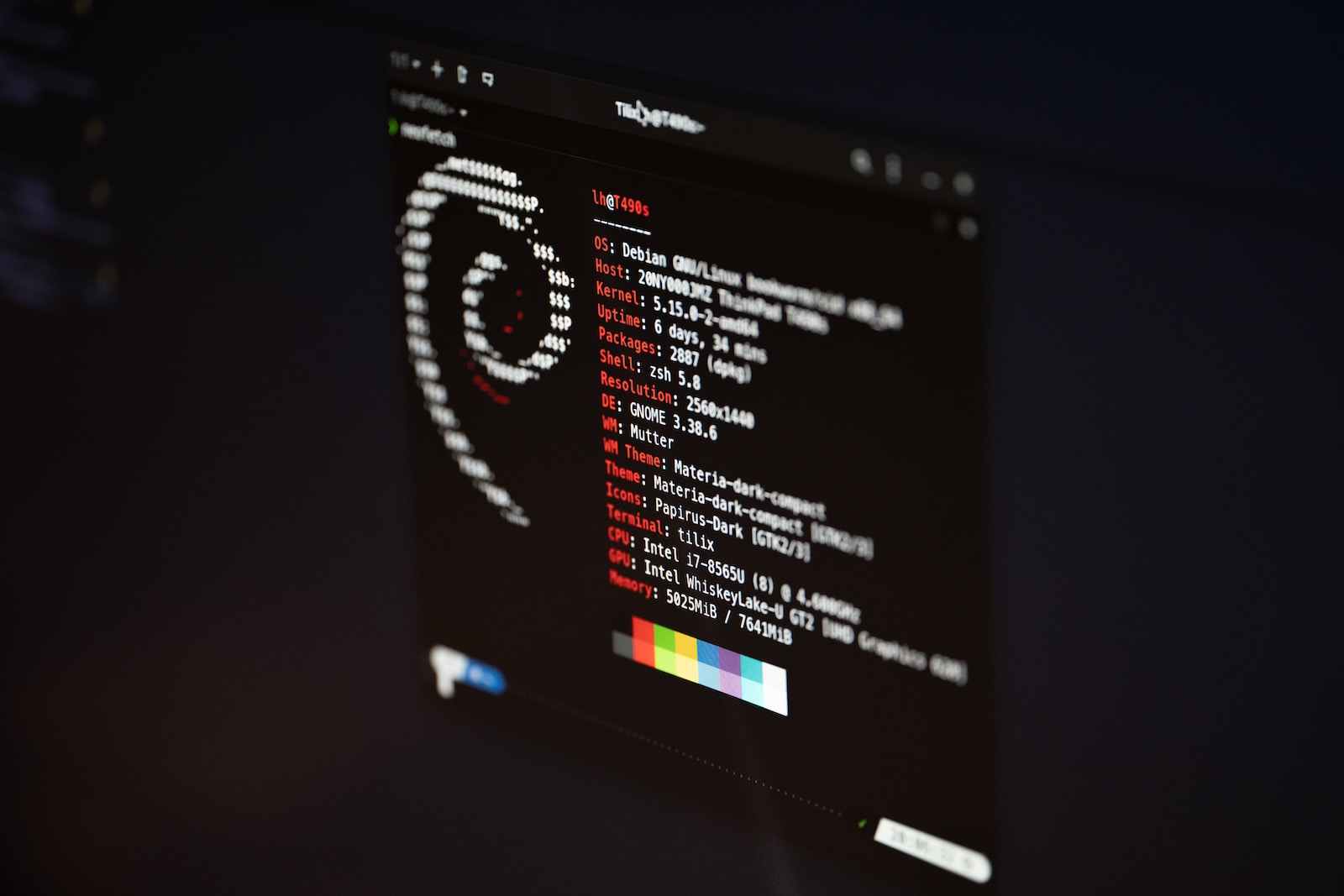Linux versions of many Microsoft software products are supported and are available through the “Linux Software Repository for Microsoft Products” at https://packages.microsoft.com.
Unfortunately, the BlobFuse installation via the apt package repository for Microsoft products is not available for Debian. It’s unclear why this significant omission occurred—leaving Debian out of the loop.
Below are steps tailored for Debian 11, which should also be applicable to Debian 12.
Step 1 : Install Dependencies
sudo apt-get install pkg-config libfuse-dev cmake libcurl4-gnutls-dev libgnutls28-dev uuid-dev libgcrypt20-dev libboost-all-dev gcc g++ -yStep 2 : Download Blobfuse directory from Github
wget https://github.com/Azure/azure-storage-fuse/releases/download/blobfuse2-2.2.0/blobfuse2-2.2.0-Debian-11.0.x86_64.debStep 3 : Extract install using dpkg
sudo dpkg -i blobfuse2-2.2.0-Debian-11.0.x86_64.debStep 4 : Check Blobfuse2 version
blobfuse2 -vStep 5 : Create blobfuse cache directory
sudo mkdir /mnt/blobfuse-cacheStep 6: Create blobfuse directory for mounting with Azure Blob Container
sudo mkdir /mnt/azure-blob-containerStep 7 : Create configuration file (DO NOT USE sudo)
vi /home/myuser/config.yamlStep 8: Complete the config.yaml setting using this structure
allow-other: true
logging:
type: syslog
level: log_debug
components:
- libfuse
- file_cache
- attr_cache
- azstorage
libfuse:
attribute-expiration-sec: 120
entry-expiration-sec: 120
negative-entry-expiration-sec: 240
file_cache:
path: /mnt/blobfuse-cache
timeout-sec: 120
max-size-mb: 4096
attr_cache:
timeout-sec: 7200
azstorage:
type:block
account-name: your-azure-azure-blob-name
account-key: your-azure-blob-storage-key
container: your-container-in-azure-blob-storageStep 9 : mount the Azure Blob Container with local VM directory
sudo blobfuse2 /mnt/azure-blob-container/ --config-file=/home/myuser/config.yamlDone.
Troubleshoot
Case 1 : If you need to unmount, you can use this script
fusermount -u /mnt/azure-blob-containerCase 2: If You cannot create directory, make sure your Azure Storage is Hierarchical namespace (HNS) enabled and modify the .yaml file. Replace type:block with type:adls
...
azstorage:
type:adls
...Case 3 : Your disk is full because of Blobfuse log data ?
Try to change Blobfuse log file configuration using rotate.

Thank you for sharing! This helps a lot!
You’re welcome! Glad I could help 😊.